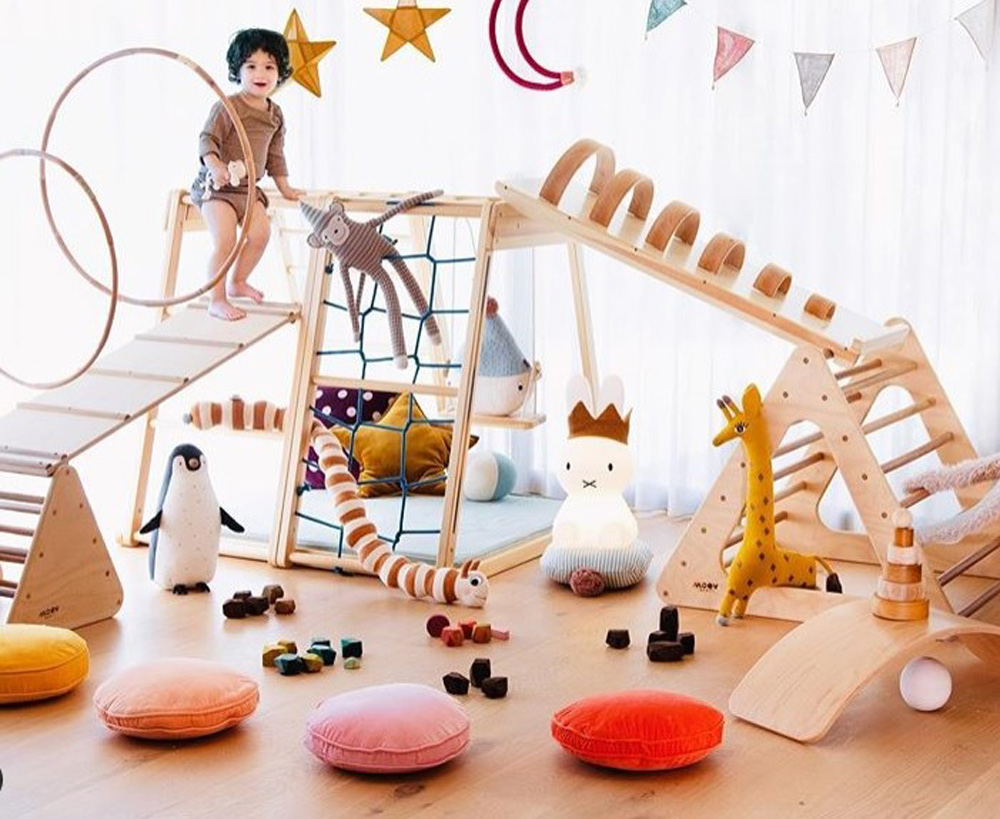By Ritchelle Ann Ona
John Robinson Lim Gokongwei Jr. was born in 1926 to a Filipino-Chinese father who had ancestral ties to China’s Fujian province. His great-grandfather was Pedro Gotiaoco, a young peddler from China who found success after establishing trading company Gotiaoco Hermanos with his brother. John was born into this wealthy family that lived in Cebu.
John’s family owned a string of film houses. The family lived in wealth with a fleet of chauffeur-driven cars and residences in the most expensive subdivision. The children went to the most expensive schools and his mother was a proud owner of fine jewellery.
However, when John was 13, his father died. Because their wealth was founded on credit, they lost everything. His siblings had to move to China because living costs there were cheaper.
Used to having a chauffeur drive him around, John cried the first time he had to walk two miles (3.22 kilometres) to school. His mother tried to console him by pointing out that at least he had shoes on his feet, when some children did not.
The Making of a Filipino-Chinese Business Magnate
At 15, John supported his family peddling items along the streets of Cebu from his bicycle. He sold candles, soap and threads. He also sold peanuts that his mother cooked. John and his mother would then send the money he had made, along with the money from selling her jewellery, to China for John’s siblings to live on.
Later, when asked why he had chosen to sell such items, John explained there was always someone who would buy from him because he was selling what everyone was using. What’s more, the market site he had chosen was a few kilometres away from the city. Because there were fewer goods available to people there, people would see his products first before reaching the city. From a young age, John already showed entrepreneurial ingenuity in taking well-calculated risks, according to millionaireacts.com.
In ‘Big John: The Life Story of John Gokongwei Jr.’ by Yvette Fernandez, John was described to have learned one of the most pivotal lessons in his life on seeing the competition he had with other vendors: Always offer something your competitors don’t have. This would serve as a building block for his future success.
John knew his youth gave him an edge over the other vendors. He had more strength and energy. Much as other people saw his youth as a sad state, having to earn a living at a time when he should be studying, John didn’t think so. Later on, when asked if he had envied others who were playing, studying and having a good time when he had to work, tougnickel.com featured Mr Gokongwei laughing it off and saying he was the one having an even better time.
By 17, he had started using a boat to further his sales. He started trading goods in Manila. Sometimes, he would use a truck.

Two years later, when he had saved enough, he went to the US to buy second-hand goods like used clothing, used shoes, and old newspapers. He sold them at a store in Cebu and set up Amasia Trading. Never forgetting his family, he partnered with his brother.
The brothers became successful enough and in 1948, John was able to bring back their other siblings from China to the Philippines. He converted a two-storey building into their home, and the whole family helped out in the business.
Never a man to settle with his current accomplishments, while he was making good money, John was also examining his company. He predicted that trading would remain a low-margin business. Armed with the genes of entrepreneurship and inspiration from his great grandfather, John went into other business ventures.
He set up a corn milling plant and produced glucose and cornstarch under the name Universal Corn Products (UCP). He chose these products for their versatility and demand. It was so successful that John was able to acquire many businesses along the way.
Ultimately, John unified his businesses under the Universal Robina Corporation (URC) that Filipinos know today. It includes John’s Branded Consumer Foods Group, his Agro-Industrial Group, and the Commodities Food Group for the production of flour and sugar.
Just when you thought John would be satisfied with his achievements, he had yet another vision to fulfil — to enable every Filipino to fly. This paved the way for his low-cost carrier Cebu Pacific in 1988, and travelling by air became something that the ordinary Filipino could afford.
In 2003, he established a mobile company and a year later he introduced C2, a tea beverage best served cold as a nod to his heritage. It changed the Philippine beverage industry, which was then ruled only by soda companies.
Today, John Gokongwei’s conglomerate company JG Summit Holdings has stakes in food and agro-industrial products, textiles and garments, petrochemicals, electronic components, real estate and hotels, power generation, telecommunications, financial and insurance services, printing services, packaging materials and cement.
The important thing to know is life will always deal us a few bad cards. We have to play those cards the best we can. And we can play to win.
John Robinson Lim Gokongwei Jr
Moreover, in Filipino popular culture, he’s known as the owner of one of the largest malls in the country, Robinsons Malls.
These are incredible accomplishments for a man who always loves learning but had to drop out from school to support his family. Never losing his thirst for knowledge, in 1961, he earned a Masters in Business Administration even after he was already a successful businessman.
Giving Back to the Next Generation
Having come from humble beginnings, John understands the plight of people like him and donates to educational causes.
Together with his brothers, John set up the Gokongwei Brothers Foundation in 1992. The foundation funds school facilities, scholarships and educational programmes. It also sends outstanding Filipino students to top Chinese universities to promote Philippine-China relations.
John and his brothers hope that these young Filipinos can learn from China’s economic miracle and help the Philippines achieve the same as well.

John believes that Filipinos need to work hard to make the Philippine economy globally competitive. “We need blood and sweat and hard work to make the Philippine economy compete globally, for our family businesses to be world class in this era of globalisation. We must compete not just with rhetoric and words. We need hard work, perseverance, innovation, courage, and total dedication. We need to slug it out.”
John himself exemplifies many Confucian values like hard work, discipline, frugality, filial piety, perseverance and delayed personal gratification. He is also generous and open in sharing his secrets for success.
He realised his family lost everything because the next generation was ill-prepared, and he resolved to ensure history would not repeat itself. As such, when his children were still in their high school years, he made sure they pitched in to help the family businesses.
Today, he meets with his children and grandchildren every Sunday afternoon, where he relishes catching up with his tight-knit family. The Philippine Star reported in 2004 that “he considers his good family life as his true greatest wealth”.
Before retiring from his business empire, John made sure he had a succession plan. He trained everyone, not just his family but his employees as well, to be able to take over the management of the business.
Like any retired business leader with the future generation’s best interests in mind, the 92-year-old magnate remains a de facto head of his empire and a major force in the Philippine economy.
















